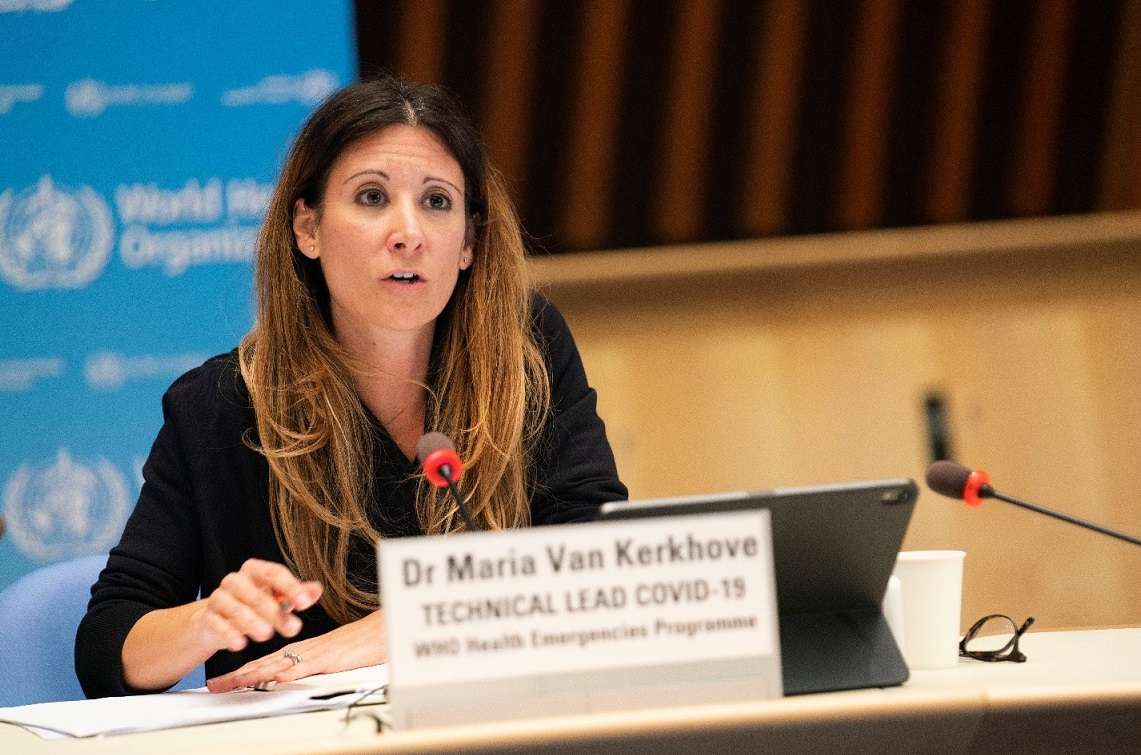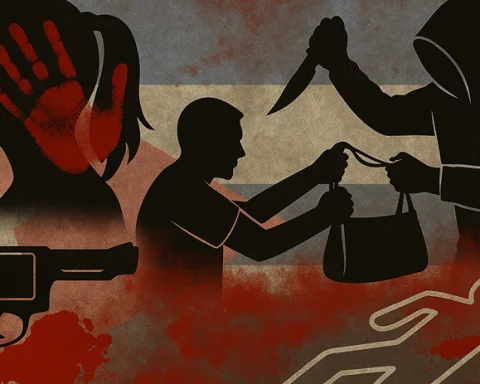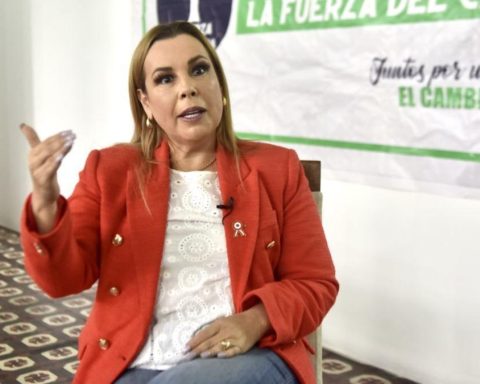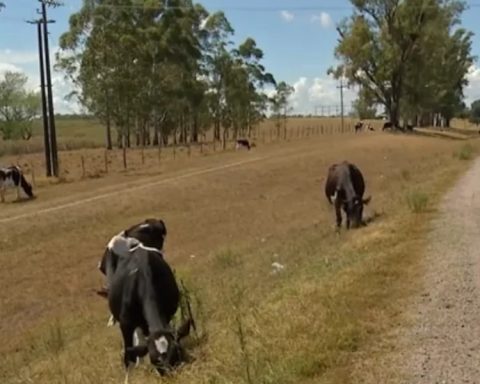Who for three years has been one of the most visible faces of the global fight against COVID–19the expert of the World Health Organization (WHO), María Van Kerkhove, analyzes in an interview with EFE a disease that no longer causes the same social alarm as before, but that according to her still has to worry us.
The American epidemiologist, head of the Anticovid Technical Unit of The OMShas participated since January 2020 in practically all the agency’s weekly press conferences to report on the situation of the pandemic, always asking the world population to maintain all possible precautions.
The expert, seasoned in the fight against epidemics since she investigated outbreaks of avian flu in Cambodia at the beginning of the century, takes stock of the year 2022, in which the alert level for COVID-19 dropped, and launches her forecasts for 2023.
EFE: Has 2022 been a year of less work for the WHO than the previous two?
Van Kerkhove: The pandemic situation was really different, but we were as busy as ever. Now the job is to calibrate plans to deal with COVID in the long term. The level of intensity is really different but there is still a lot of work to do.
Did we forget the pandemic too quickly once the Ukraine war started?
The year began with the emergence of the omicron variant, which quickly replaced the delta, which had been the dominant one. We saw an extraordinary intensity of infections, which forced us to redesign our statistical curves.
Now we find ourselves with a decrease in cases, but in the context of a relaxation in surveillance levels: studies in wastewater suggest that real cases could be five times higher than those reported. Deaths are down, but we’re not out of the woods yet. The virus continues to evolve before our eyes, and there are still between 8,000 and 10,000 deaths per week, an unacceptable number.
The global vaccination rate is 68%, are we close to the herd immunity that required 70%?
No, because it should be achieved in all countries and there is still no equal distribution. Also important is the goal of achieving 100% rates in high-risk groups, such as older people, healthcare workers, and immunocompromised people.
Are the vaccines still effective against the omicron variant, with the capacity for very rapid evolution and more than 500 subvariants?
The available vaccines are incredibly protective with all the omicron sublines that are circulating, they hold up well against severe forms of the disease, even if they are not as effective against infection because they were designed to prevent severe cases and deaths. The question now is whether future sublines, which tend to be increasingly contagious, will cause people to lose immunity and become reinfected.
Will we need to administer new doses in that case?
Possibly, although we don’t yet have all the answers about what kind of vaccines will be needed. We may need additional doses, but to determine the frequency we need to keep track of the variants. It is normal for the virus to gain immunity over the years.
Does the fact that in 2022 we have only talked about one variant, the omicron, when in 2021 there were many others (alpha, beta, gamma, delta), does it mean some stabilization in the coronavirus?
The use of the Greek letters was just a communication strategy, the virus continues to evolve at the same rate as before. The SARS-CoV-2 coronavirus is still a “baby” in terms of its circulation time, about which we do not know much. For example, we are concerned that it could return to animal populations and from there be transmitted back to humans with new mutations and disturbing combinations.
In 2022 there was less news of new vaccines and treatments, has the pharmacological fight against COVID stopped?
There have been important advances in antiviral therapies. Research funding is now needed for nasal inhalation vaccines, and also for persistent COVID. There are studies showing heart and brain complications from postcovid that are worrying.
Will 2023 be another year of relaxation in the pandemic, like 2022?
The virus will continue to circulate, we believe it will be more transmissible, but we also expect a reduction in the impact of COVID. I don’t think we will return to the situation of 2020.
Will the pandemic be declared over soon?
Now what is being discussed is whether to stop considering COVID an international emergency. The number of cases is no longer important here, but the impact on hospitalizations, patients who need oxygen or ventilation. The virus is not going to go away, it may become seasonal and more predictable, but we are not at that point yet.

















